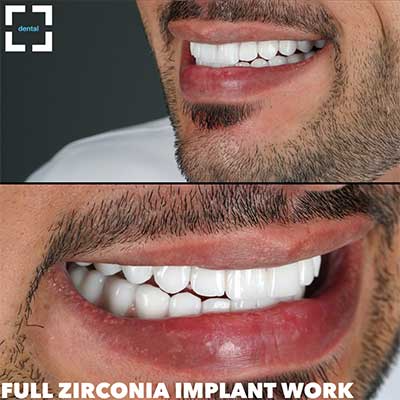
Good oral health plays a crucial role in our overall well-being, and recent studies suggest that it can significantly impact heart health as well. According to research, poor oral hygiene can increase the risk of developing cardiovascular diseases such as clogged arteries, stroke, and endocarditis (inflammation of the inner lining of the heart chambers). Therefore, visiting a good dentist in Abu Dhabi regularly and practicing excellent oral care habits is vital to ensure optimal heart health.
Periodontal disease and cardiovascular health
Periodontal disease, a chronic inflammatory condition affecting the gums and supporting structures of the teeth, has been identified as a risk factor for cardiovascular disease. Studies have found that individuals with periodontal disease are at an increased risk of developing heart disease, stroke, and other cardiovascular conditions. The inflammation associated with periodontal disease may contribute to the development and progression of cardiovascular problems by triggering systemic inflammation and affecting blood vessel function.
Bacterial spread and systemic inflammation
The mouth serves as a gateway to the rest of the body, and oral bacteria can enter the bloodstream through infected gum tissue. Once in the bloodstream, these bacteria can travel to other parts of the body, including the heart, where they may cause inflammation and contribute to the formation of arterial plaque. Additionally, the chronic inflammation associated with periodontal disease can exacerbate existing cardiovascular conditions and increase the risk of complications.
Shared risk factors
Several risk factors contribute to both periodontal disease and cardiovascular disease, highlighting the interconnected nature of these conditions. Factors such as smoking, poor diet, obesity, diabetes, and stresses are known to increase the risk of both oral and cardiovascular health problems. By addressing these shared risk factors and adopting healthier lifestyle habits, individuals can improve their overall health and reduce their risk of developing both periodontal disease and heart disease.
Importance of oral hygiene and regular dental care
Maintaining good oral hygiene habits and seeking regular dental care are essential for preserving both oral and cardiovascular health. Brushing your teeth twice a day, flossing daily, and using mouthwash can help prevent the buildup of plaque and bacteria that contribute to gum disease. Additionally, scheduling regular dental check-ups and cleanings allows your dentist to identify and address any oral health issues before they escalate.
Collaborative care approach
Recognizing the interconnection between oral health and cardiovascular health underscores the importance of a collaborative care approach between dental professionals and healthcare providers. Dentists and physicians can work together to educate patients about the link between oral health and overall health, screen for signs of periodontal disease, and coordinate treatment plans to address both oral and cardiovascular health concerns.